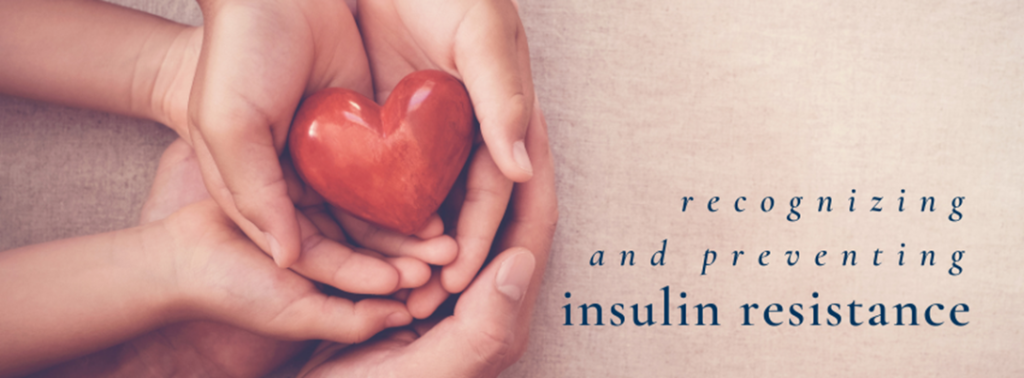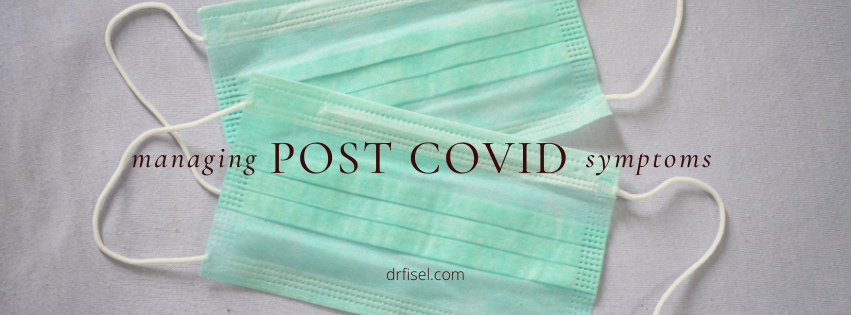
The patterns of the sun and moon, light and dark, operate on a 24-hour clock. Our sleep and wake patterns correspond to the biological rhythms of the universe and our bodies adapt accordingly. One in particular is called the circadian rhythm.
When the circadian rhythm is working well the body regulates temperature, hormones, and metabolism. But when it’s off, it can negatively impact the body’s ability to regulate mood, immune function, metabolic function, sleep, nutrition and movement.
As the seasons change, so might our circadian rhythm – especially when the time changes. More or less light changes when we go to bed or get up in the morning. In the summer we may have time for a quick jog before work as the sun is rising. In the winter we might choose to eat earlier because the sun has already set.
So many of us adapt to the changing time and changing seasons, but what if we don’t?
Conventional medicine ignores something like circadian rhythms because the topic is so broad. This perspective looks more at symptoms rather than the underlying issue and how it affects an individual. Some people have trouble sleeping but do not know the importance of the circadian rhythm and its importance in the regulation of bodily functions. When the circadian rhythm has been disrupted it can cause greater problems like insomnia, brain fog, and depression.
Here are a couple of examples of how the circadian rhythm affects the body in real-world situations:
Did you know that night shift workers have a higher rate of adverse health effects than regular 9-5 workers? “Sleepiness usually occurs during night shifts and is maximal at the end of the night. Impaired vigilance and performance occur around times of increased sleepiness and can seriously compromise workers’ health and safety” (Boivin).
Disruption in circadian rhythm affects those who are blind. “While blind individuals do have a pathway in the brain that functions as their body clock, roughly half of blind individuals experience non-24-hour sleep-wake rhythm disorder, during which their sleep cycles get later every night, jumps around, or results in waking up later in the day” (Reddy).
Naturopathic medicine looks at the individual and addresses symptoms by first identifying the underlying causes. When someone’s circadian rhythms have been disrupted, there are natural ways to get back on track. If your sleep cycle has been disrupted and you would like to get your circadian rhythm in sync, here are a few things to try:
- Create and keep a daily schedule. You should eat and sleep at the same time everyday (particularly helpful if you are a shift worker).
- If you don’t already, add an exercise routine during the day (but not too close to bedtime). Movement helps to draw down any excess energy you might have.
- Avoid drinking alcohol or caffeine at night.
- The amount of light you are exposed to directly affects how much melatonin your body produces naturally. Limit the amount of natural/ artificial light your body is exposed to when it’s time to be sleeping. That may look like using blackout curtains during the day and limited electronic screens in the bedroom at night. You could also try dimming the lights before bed.
- In the morning, full spectrum lighting can be used to promote wakefulness and encourage alert activity. Especially in the winter months when daylight hours are at a minimum, adding artificial lighting helps sync up our natural circadian rhythm.
- Adding a natural hormone like melatonin to your nighttime routine can help your circadian rhythm normalize. “Melatonin is a hormone that your brain produces in response to darkness. It helps with the timing of your circadian rhythms (24-hour internal clock) and with sleep. Being exposed to light at night can block melatonin production.”
Especially during the time change, you might have noticed that your sleep patterns are off, maybe it’s your circadian rhythm that has been disrupted. Dr. Fisel can do a quick survey to get to the root of your symptoms and help you get back on track.
Are you living in the Guilford/ Branford/ New Haven/ Madison/ Clinton area of Connecticut and would like to learn more about naturopathic solutions for your menopausal symptoms? Please call (203) 453-0122 or CLICK HERE to schedule a consultation.
RESOURCES
Boivin, D B, and P Boudreau. “Impacts of shift work on sleep and circadian rhythms.” Pathologie-biologie vol. 62,5 (2014): 292-301. doi:10.1016/j.patbio.2014.08.001
“Melatonin: What You Need to Know.” National Center for Complementary and Integrative Health, U.S. Department of Health and Human Services, https://www.nccih.nih.gov/health/melatonin-what-you-need-to-know.
Reddy S, Reddy V, Sharma S. Physiology, Circadian Rhythm. [Updated 2022 May 8]. In: StatPearls [Internet]. Treasure Island (FL): StatPearls Publishing; 2022 Jan-. Available from: https://www.ncbi.nlm.nih.gov/books/NBK519507/
Silver, Natalie. “Circadian Rhythm: What It Is, How It Works, and More.” Healthline, Healthline Media, 30 Mar. 2022, https://www.healthline.com/health/healthy-sleep/circadian-rhythm.
“Treatment.” National Heart Lung and Blood Institute, U.S. Department of Health and Human Services, https://www.nhlbi.nih.gov/health/circadian-rhythm-disorders/treatment.






